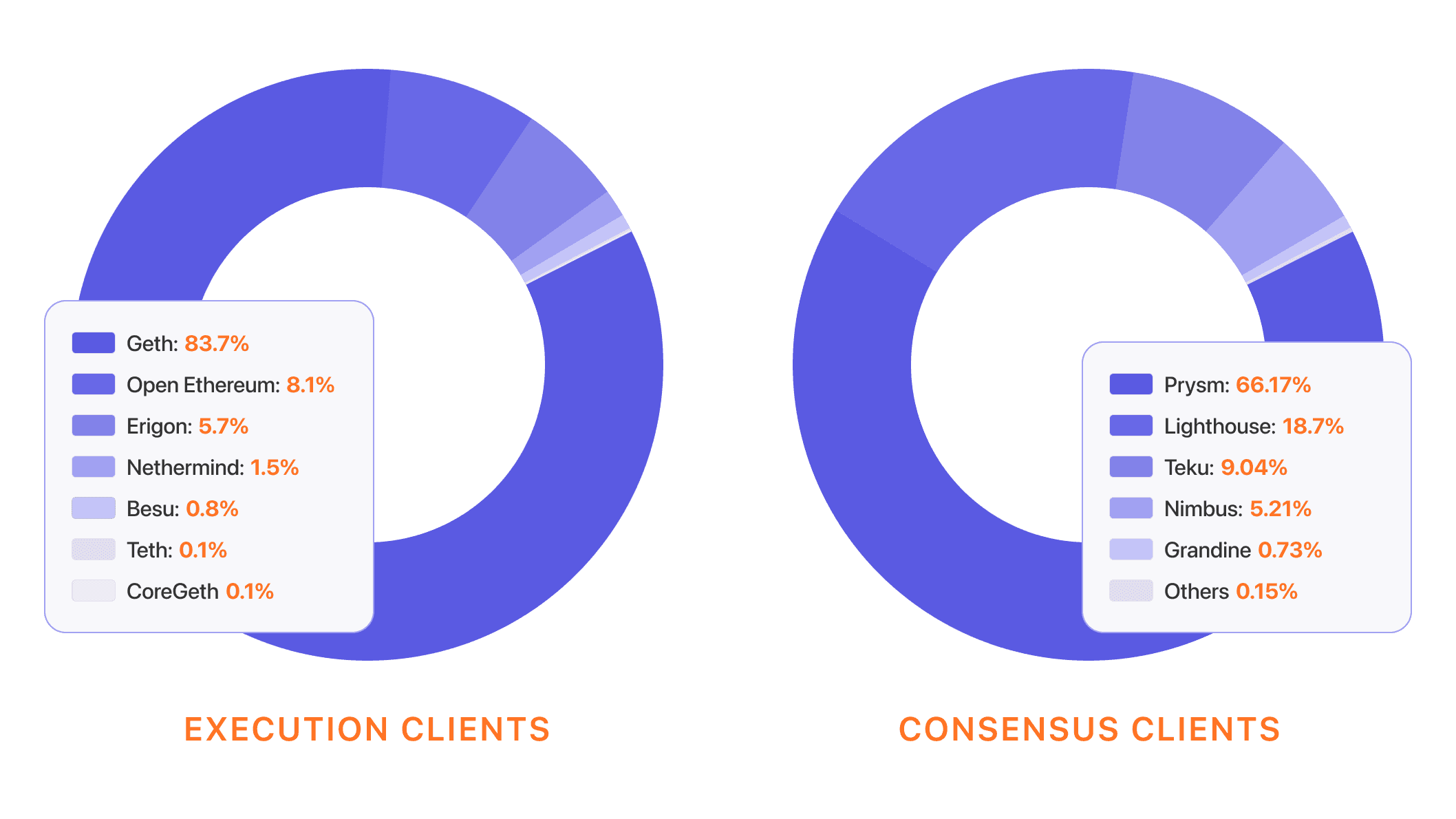Your credit score is one of the primary factors mortgage lenders consider when you apply for a loan. If your score needs work, take these steps to improve it before you apply.
Key takeaways
- The minimum credit score required for a conventional loan is 620, while other mortgages require anywhere from 580 to 700
- A higher credit score usually translates to lower interest rates
- Paying bills on time, keeping credit card balances and number of accounts low and becoming an authorized user on another's account can improve your credit score
Mortgage credit score requirements
The minimum credit score to qualify for different types of mortgages ranges a good deal.
| Type of Loan | Minimum Credit Score |
|---|---|
| Conventional | 620 |
| Jumbo | 700 |
| FHA | 580 (or 500 with additional money down) |
| VA | 620 (VA doesn’t require a minimum credit score, but lenders do) |
| USDA | 640 |
Still, it’s best to have the highest score possible before you apply for a mortgage: In fact, the median credit score for new mortgage borrowers is 766, according to the fourth quarter 2022 Federal Reserve Bank of New York report on household debt. The greater your score, the better chance you’ll have of being approved for a mortgage and the lower the interest rate you’ll get. The best rates go to borrowers with scores of 740 or higher.
How to improve your credit score before getting a mortgage
- Check your credit reports and scores
- Pay all your bills on time
- Reduce your credit card balances
- Avoid opening new accounts
- Get help from a responsible credit user
1. Check your credit reports and scores
Get a copy of your credit report from each major credit bureau (Equifax, Experian and TransUnion) through AnnualCreditReport.com. Aside from reviewing your scores, make sure there are no mistakes, especially regarding late payments or closed accounts. If there is an error, contact the bureau to dispute it as soon as possible.
2. Pay all your bills on time
Keep all accounts in good standing. Missing a payment can lower your credit score, and late payments can stay on your report for up to seven years. If you’re currently late on a payment but still within the grace period, contact the creditor right away to see if you can get things back on track (and the late charge erased). If you do have a late payment on your record, strive to make payments on-time moving forward.
3. Reduce your credit card balances
Your credit utilization ratio is the amount you owe against your total available credit, and it accounts for 30 percent of your score. The lower the ratio, the better. As a rule of thumb, if your utilization is over 30 percent, work to pay down those balances so you’re under that threshold.
4. Avoid opening new accounts
Applying for new credit will affect your score. If you can, avoid opening new credit card accounts or taking out more loans before you apply for a mortgage, as well as during the application and underwriting process. By the same token, don’t close any old accounts, either — this can raise your utilization ratio and have an adverse effect on your score.
5. Get help from a responsible credit user
If you’re a younger first-time buyer, you might not have a very long credit history. One way to build credit: Become an authorized user on a parent’s or relative’s credit card. The primary cardholder (your parent or relative) will continue to make the payments, but you’ll benefit from the positive payment history.
What factors determine your FICO credit score?
There are several categories of your credit history that inform your current score. Some things affect your score more than others. According to Equifax, one of the major credit bureaus, your FICO score is determined using a formula that roughly looks like this:
- On-time payment history (35 percent of score)
- Amount of debt (30 percent of score)
- Length of total credit history (15 percent of score)
- Number of new accounts (10 percent of score)
- Type of credit utilized (10 percent of score)
Credit bureaus tend to assign “good debt” and “bad debt” labels to your current debt. Home loans and other debt that can increase your financial worth in the long term are considered good, while credit card debt and other revolving accounts that don’t go towards a valuable asset are more likely to decrease your FICO score.
How quickly can you improve your credit score?
Items like a missed payment or bankruptcy will stay on your credit report for up to seven years. However, they may not make a significant impact on your credit score after a few years.
If you want to turn your credit around quickly — in a few months — the best thing you can do is pay down current debt and avoid opening new accounts. While you can’t immediately change the length of your credit history or erase missed payments, reducing the balance on your revolving accounts can make a big difference within a month or two — especially if your credit utilization ratio (the percentage of your outstanding balances vis-à-vis your total credit limits) is 30 percent or less.
If you can increase your credit limits on card accounts, that can help within a month or so, too — it’s improving the credit utilization ratio from the opposite end.
Next steps
It might take some time to get your credit into homebuying-worthy shape, especially if you have a less-than-stellar payment history or serious incidents like bankruptcy or foreclosure to contend with.
For the typical first-time homebuyer, though, the key is good habits. Continue making payments on time, keep your credit utilization ratio low and avoid taking on new debt. With good or excellent credit, you can focus on preparing for the next steps in the mortgage process:
- How to get the best mortgage rate
- How to get preapproved for a mortgage
- Mortgage application: Questions to prepare for





